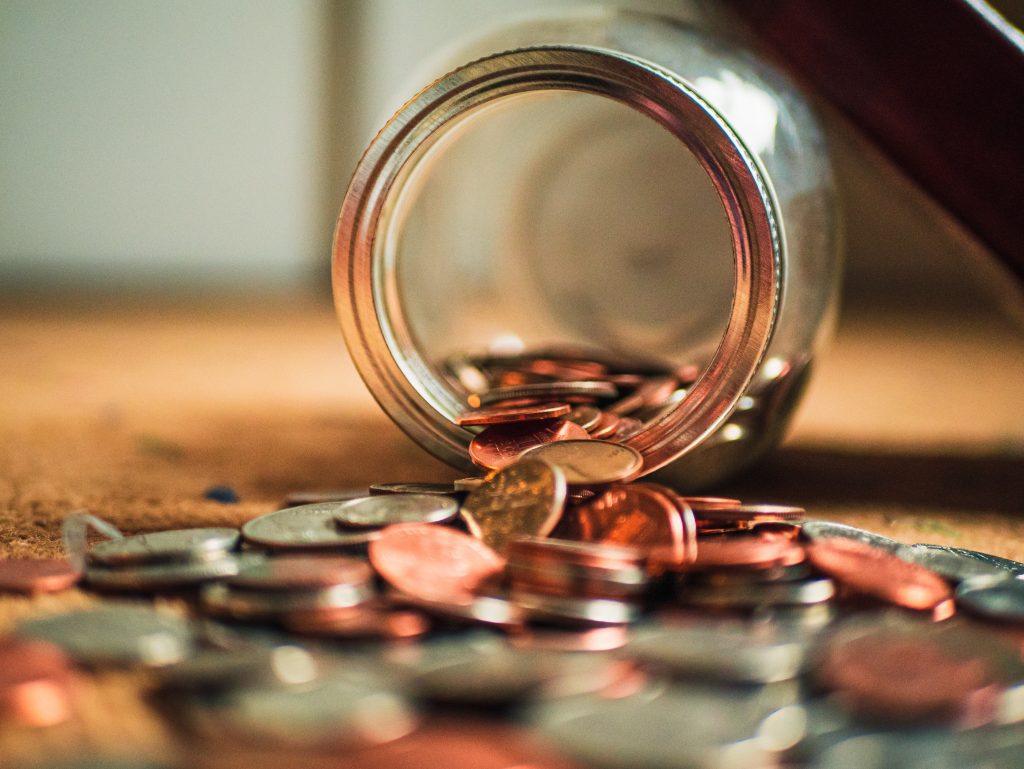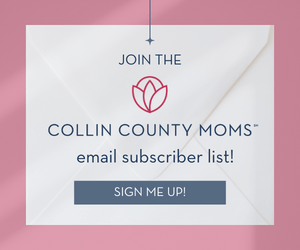
This post is part of a larger series on financial health and wellness. Be sure to check out all of our content throughout the week and save it for future reference!
No matter where you are in your financial wellness journey, whether you are just getting started or are an old pro, I believe a zero-based budget is a key to keeping your money in order.
A “zero-based” budget, popularized by Dave Ramsey, is defined as creating a budget by using your income to “spend” on all your expenses until it gets down to zero.
You want your income to equal your expenses.
This doesn’t mean that you’ll be spending all your money until you have nothing…we want to avoid that. It means that for every dollar that comes into your bank account, you give it a “job,” whether it’s paying for rent, groceries, entertainment, savings, or debt.
Why Zero-Based Budgeting is Effective
When you assign your income to specific categories, you know where your money is going. You’ll also have a better idea of what you can do with your money. You may want to save for a new piece of furniture or a new TV or perhaps a car. When you give your money a job, it’s easier to allocate funds.
A zero-based budget is also effective because you’ll know if your spending is outpacing your income. When you write out the numbers on paper or crunch the numbers in a spreadsheet, the math doesn’t lie. You’ll either be within your budget or beyond it.
I remember when we first starting doing a zero-based budget after completing Dave Ramsey’s Financial Peace University. I would start subtracting our bills and spending from our income, and in the first few months, I saw how much we had been spending on eating out. More than I had realized. By setting up a budget, we created a fixed limit for eating out. Then, to double down, we used cash to “safeguard” that budget from overspending. It’s so much easier to overspend on a credit or debit card.
Zero-based budgeting is also great if you are paying off debt. You’ll be able to budget in your debt payments as well as see how much you may have leftover to add to your debt payments.
 How to Create a Zero-Based Budget
How to Create a Zero-Based Budget
Dave Ramsey’s Allocated Spending Plan is my preferred way of setting up a zero-based budget. There is also a one-sheet version, but I find it easier to budget with the allocated spending plan, because our household has biweekly paychecks.
To use the allocated spending plan, you’ll start with your income. From there, you’ll write in all of your expenses, which include giving, saving, debt, housing, utilities, transportation, groceries, childcare/school expenses, entertainment, etc. After that, you’ll start subtracting each category from your starting income until you get to zero. If you have money left over after subtracting all your expenses, you can allocate that money towards extra debt payments, extra savings, or however you’d like.
Another great resource is The Budget Mom’s Budget by Paycheck workbook. She also implements a zero-based budget and cash envelopes. Her methods really encourage putting pen to paper and tracking all spending. I’ve found that her budgeting tactics are very similar to bookkeeping, including reconciling your account at the end of the month. Her blog and Instagram have a ton of great resources for budgeting, saving, and paying off debt.
Easy Online Budgeting Tools
If you’d rather manage your zero-based budget digitally, there are easy online budgeting tools.
EveryDollar is an app developed by the team at Ramsey Solutions where you can set up your zero-based budget on your phone. You start by adding your monthly income. Next, make a plan for your income. EveryDollar gives you customizable templates for budgeting your monthly expenses and allows you to easily keep track of your spending throughout the month. EveryDollar is now called Ramsey+ and with your subscription, you get access to EveryDollar, FinancialPeace, and BabySteps. Ramsey+ is $129.99 annually.
Another great online option that people really love is called You Need a Budget or YNAB. YNAB teaches you how to budget and manage your money. It’s a proactive system. It requires you to be forward-looking and intentional about every dollar; it requires you to be aware, but in return, you’ll be in total control of your finances, and in so doing, your life. YNAB will teach you how to prioritize and plan, so you have money for the things that are most important to you—whatever they are. YNAB is $11.99/month on the monthly plan or $84/year if paid in full.
What are your favorite ways to budget? Do you take pen to paper? Do you prefer an app on your phone?
Looking for more ways to save? Check out fellow contributor Kara Robinson’s post on 4 Money Savings Challenges.














Looooove this! We do zero based budgeting. I used to do paper and excel. But now I do mainly excel only. But then I use the GoodNotes app to use the budget moms budget by paycheck. But that one can be hit or miss. The excel is my ride or die. Lol.
Dave Ramsey’s team and tactics taught me a lot of vital info for budgeting/debt free! I prefer to budget with pen and paper. It’s a love hate relationship for sure.
Zero based budgeting is something I need to get better at. Since I only have my car left to pay off, the budget has kinda disappeared. We don’t go overboard but definitely not as strict with our budget as we used to be.
Zero based budget is awesome. I have learned from personal experience to add a FUN or something similar column. Once in awhile you may not feel the need to cook or might wanna treat the family to something small like icecream or happy meals. Some minimal leeway comes in handy.
I’m going to download the every dollar app RIGHT now.
We’ve been using simplifi by quick books, which is an online budgeting system. It isn’t perfect but it does help me visualize where we can cut expenses. I still haven’t mastered checking back in at the end of the month but we do make a budget and mostly stuck to it. Definitely room for improvement.
Dave Ramsey is an amazing resource– it was his financial freedom that encouraged us to become financially free! We have learned to “name every dollar” over time– it defintily takes diligence and patience!
This is great! We love our zero based budget!! It took some time getting used to but it’s so helpful with paying off debt! Our favorite is our excel spreadsheet!
I go old school pen and paper. I can see what my fixed expenses are and my variable expenses and then I cross things off as they are paid.
I like putting some things on paper, like how we’re going to apply our “extra” paycheck twice a year (we get paid bi weekly and it equates to a 3rd paycheck two months of the year) or some stipends that we receive. All of our regular income and expenses go into excel though